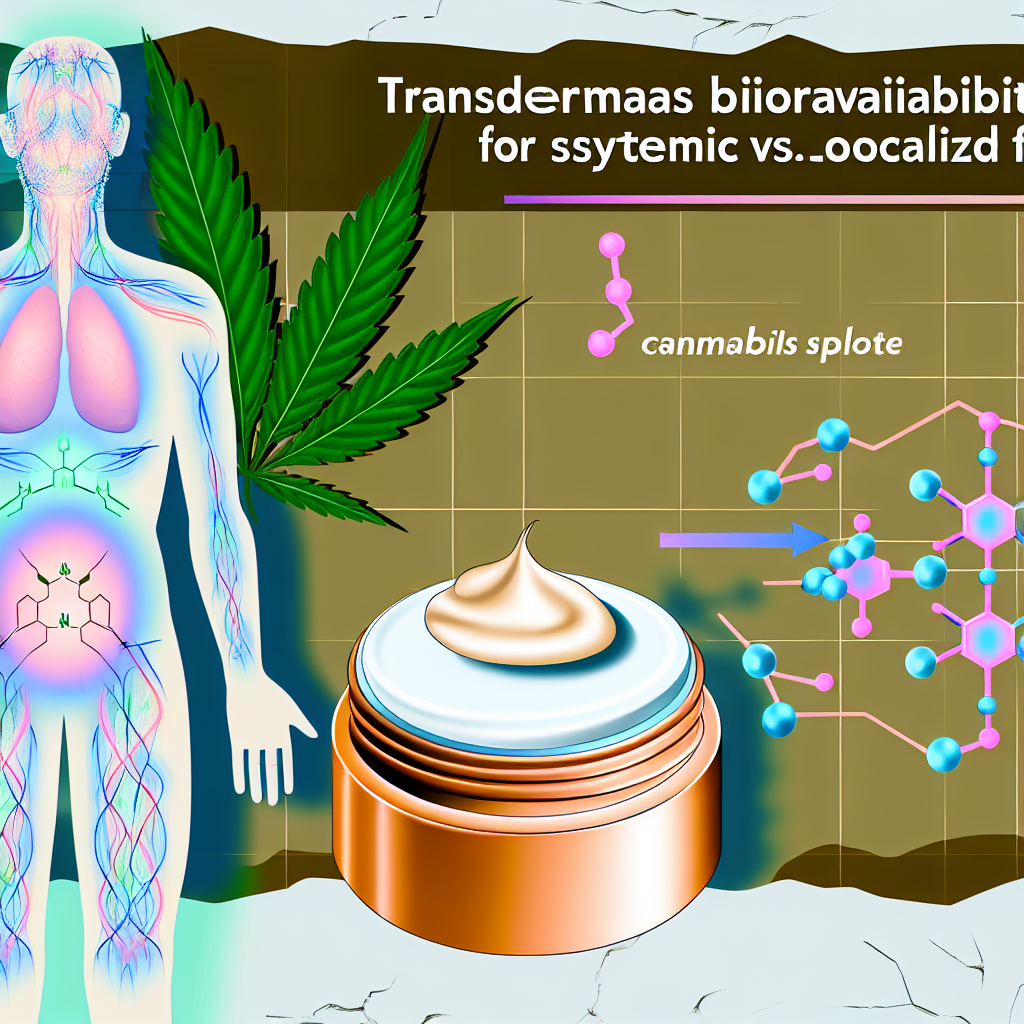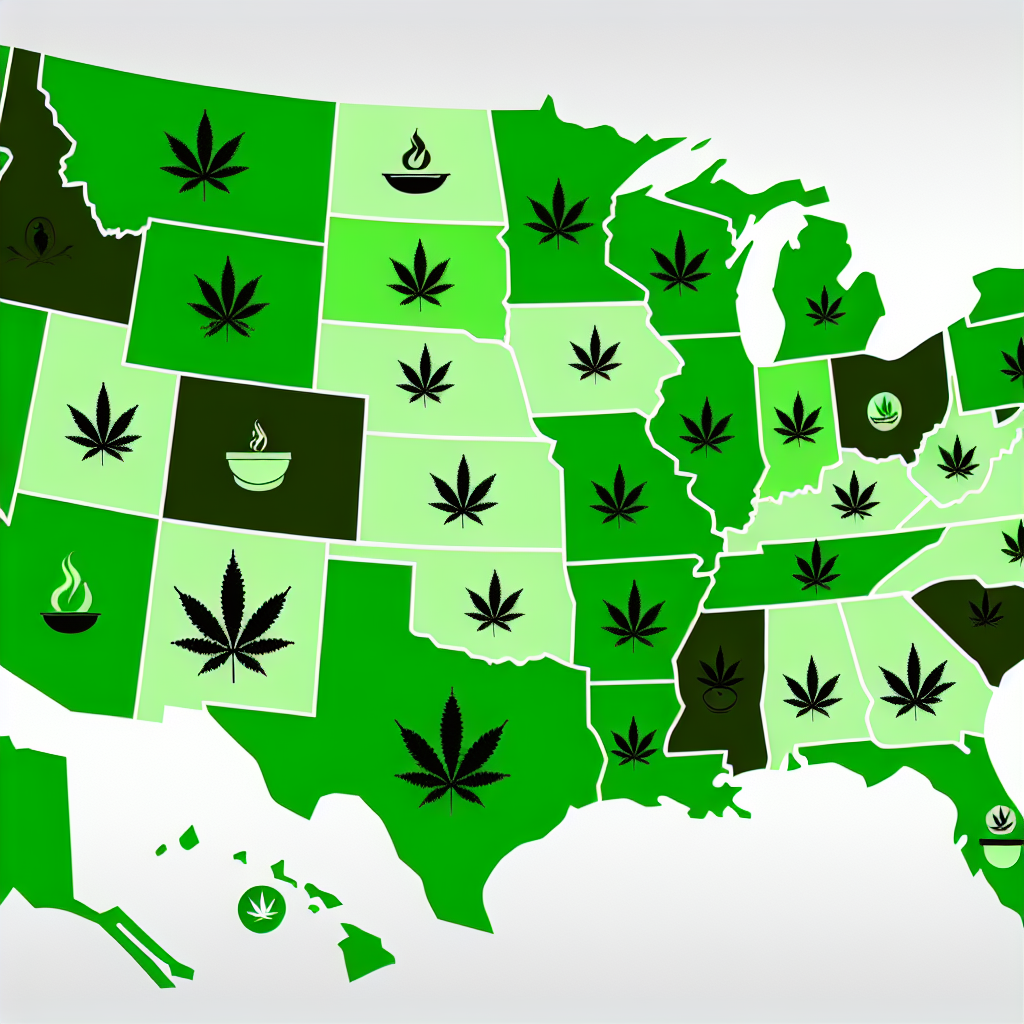The endocannabinoid system (ECS) is a cellular communication system that regulates several physiological processes, such as mood, anxiety, and stress. The endocannabinoid system (ECS) consists of endocannabinoids, cannabinoid receptors, and enzymes.
Endocannabinoids are endogenous substances synthesized by the body. Anandamide (AEA) and 2-arachidonoylglycerol (2-AG) are the most widely recognized endocannabinoids. Cannabinoid receptors are membrane-bound proteins ubiquitously distributed on the plasma membrane of many cells in the body.
The two primary categories of cannabinoid receptors are CB1 and CB2. CB1 receptors are predominantly located in the brain and central nervous system, whereas CB2 receptors are predominantly in the immune and peripheral nervous systems.
The ECS functions through intercellular communication via signal transmission. Endocannabinoids are secreted from cells in response to certain stimuli, such as stress, pain, or inflammation. Endocannabinoids then attach to cannabinoid receptors in adjacent cells, eliciting a diverse range of physiological reactions.
Endocannabinoids can attach themselves to cannabinoid receptors in the brain, resulting in the curtailment of anxiety, promotion of relaxation, and improvement of sleep. Additionally, they can attach to cannabinoid receptors within the body, resulting in a decrease in both inflammation and pain.
Research on the endocannabinoid system (ECS) and anxiety is now in its nascent phase. However, there is a mounting body of data suggesting that the ECS is involved in the regulation of anxiety levels. Studies have confirmed that people with anxiety disorders exhibit diminished amounts of endocannabinoids throughout their physiological systems.
Moreover, research has demonstrated that cannabinoids can effectively alleviate anxiety symptoms in individuals suffering from various anxiety disorders, such as generalized anxiety disorder, social anxiety disorder, and post-traumatic stress disorder.
Cannabinoids might potentially alleviate anxiety by attaching to CB1 receptors located in the brain. CB1 receptors have a role in controlling several brain activities, such as mood, anxiety, and terror. By binding to CB1 receptors, cannabinoids can alleviate stress and induce calm.
Cannabinoids
Cannabinoids might potentially alleviate anxiety by decreasing inflammation. There is a correlation between inflammation and several mental health disorders, such as anxiety and depression. Cannabinoids have anti-inflammatory characteristics, hence potentially mitigating anxiety through the reduction of inflammation in both the brain and body.
It is crucial to acknowledge that cannabis might induce anxiety symptoms in specific individuals. This is particularly true for those who ingest substantial amounts of cannabinoids or who possess a heightened susceptibility to the euphoric properties of THC.
When contemplating the use of cannabis for anxiety reduction, it is crucial to start with a minimal dosage and then escalate it until the desired outcome is achieved. Prior consultation with a medical professional is essential before utilizing cannabis, particularly if you have preexisting medical concerns or are currently on medication.
ECS
In general, the study on the endocannabinoid system (ECS) and anxiety shows tremendous potential. Increasing evidence recommends that the endocannabinoid system (ECS) is involved in the regulation of anxiety levels, and cannabinoids have shown efficacy in alleviating anxiety symptoms in individuals with various anxiety disorders.
Further investigation is required to get a comprehensive understanding of the correlation between the endocannabinoid system (ECS) and anxiety, as well as to formulate secure and efficient anxiety therapies based on cannabinoids.




